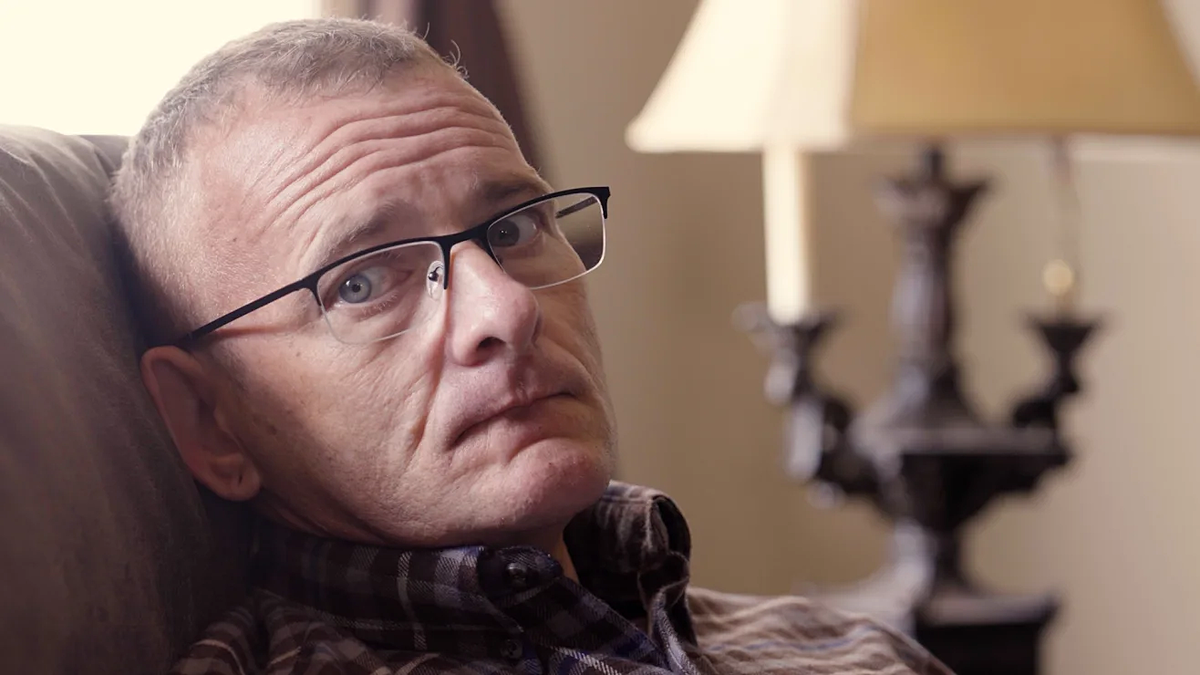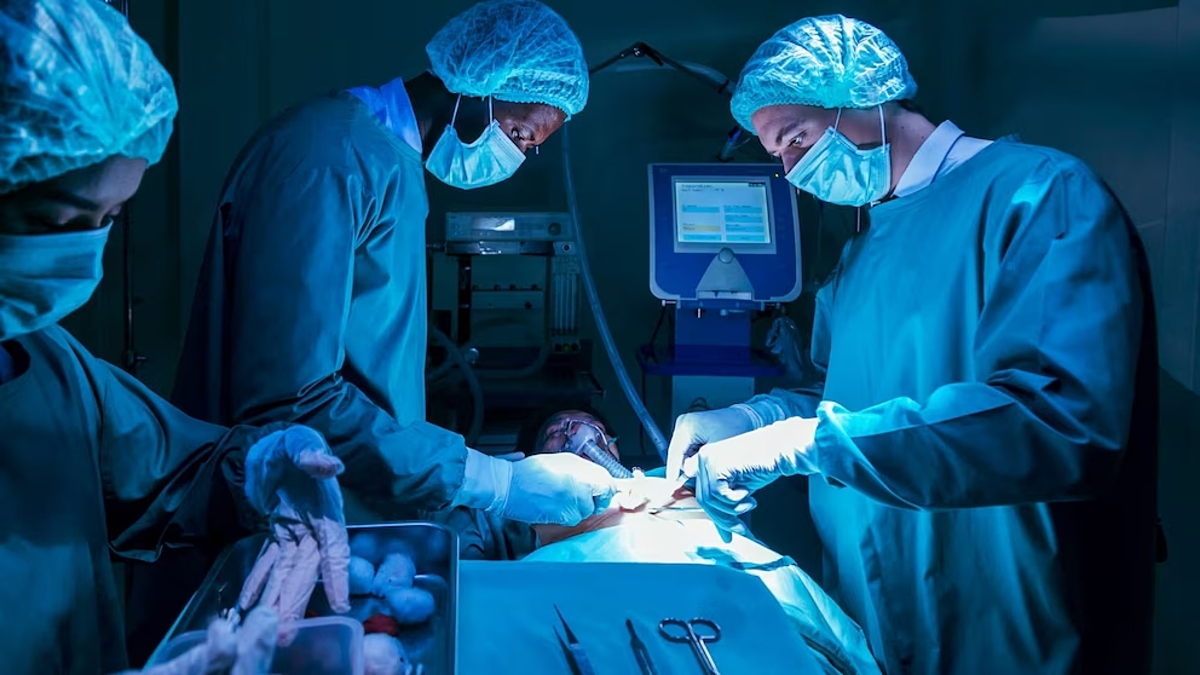In 2021, 33-year-old TJ Hoover awoke in an operating room to find doctors prepping him for organ removal. Earlier that day, he had been admitted for a drug overdose. Despite showing signs of responsiveness, a doctor declared him brain-dead and eligible for tissue donation. Hoover's reflexes prompted a surgeon to halt the procedure just in time. Now living with his sister in Richmond, Kentucky, Hoover shared his story on TikTok, triggering a major federal investigation into the US organ donation system.
The investigation uncovered an organization that had removed organs from individuals still showing signs of life, sparking outrage. This practice violates medical ethics and raises serious concerns about transparency and safety within the current system. Hoover's case is just the tip of the iceberg.
Another disturbing case involves Misty Hawkins. In the spring of last year, the vibrant 42-year-old choked while eating, falling into a coma. At Flowers Hospital in Alabama, doctors prepared for organ retrieval after her mother made the difficult decision to withdraw life support. After 103 minutes, Hawkins was declared dead. However, just five minutes after surgeons entered, her heart restarted, strongly enough to pump blood throughout her body, according to the US Department of Health and Human Services (HHS). She gasped for air, showing clear signs of life. The procedure was stopped, and 12 minutes later, Hawkins was declared dead a second time. Her organs were not used, and her family remained unaware of the incident for over a year.
 |
The case involving TJ Hoover is still under investigation by the Kentucky Attorney General's office. _Photo: CNN_ |
These cases highlight serious flaws in the system. Hawkins was a Donation after Circulatory Death (DCD) donor, which occurs when life support is withdrawn. "We've had DCD donors with many reflexes," said Dr. Robert Cannon, surgical director of the liver transplant program at the University of Alabama. "But if the family is fully informed, this process is still considered ethical and standard."
Hoover was a Donation after Brain Death (DBD) donor, declared dead based on criteria like no brain activity and no neurological reflexes. While both DCD and DBD are crucial, saving thousands of lives annually, errors in determining death raise doubts about the process's reliability.
On 22/7, during a hearing, the HHS announced a comprehensive reform initiative to improve transparency and safety. The Kentucky Organ Donor Affiliates (KODA), later merged and renamed Network for Hope, coordinated both Hoover's and Hawkins' cases. Out of 351 investigated cases handled by this organization, over 100 were flagged as "seriously questionable," with some patients exhibiting reflexes incompatible with donation standards and at least 28 cases potentially involving living donors.
"We've seen hospitals permit organ procurement while patients still exhibit signs of life," US Secretary of Health Robert F. Kennedy Jr. stated, emphasizing the need for accountability and system-wide reform.
 |
Illustration of the organ transplantation process. _Photo: ABC News_ |
Network for Hope has not responded to media requests for comment, but their website claims "absolute transparency" and adherence to Centers for Medicare & Medicaid Services regulations. The investigation also revealed procedural violations, including disregarding family wishes and misjudging neurological function, reflecting serious flaws in quality assurance.
The Health Resources and Services Administration (HRSA) concluded that both Network for Hope and the national Organ Procurement and Transplantation Network failed to address these issues adequately. KODA is one of 55 national organ procurement organizations, and the HRSA is receiving similar reports from others. The agency demands system-wide reforms and has ordered the Kentucky organization to analyze the root causes of these violations.
Congress has investigated the national organ donation system for years. The 22/7 hearing aimed to identify necessary changes and challenges. As of 2022, around 170 million Americans were registered organ donors, but demand still exceeds supply. Last year, over 48,000 transplants were performed, while over 103,000 people remained on the waiting list. Approximately 13 people die daily waiting for transplants, according to the HRSA. The HHS expedited reforms after the HRSA investigated dozens of unsuccessful donations, some involving initiated but ultimately canceled organ retrievals.
Thuc Linh (_CNN, Reuters_)












